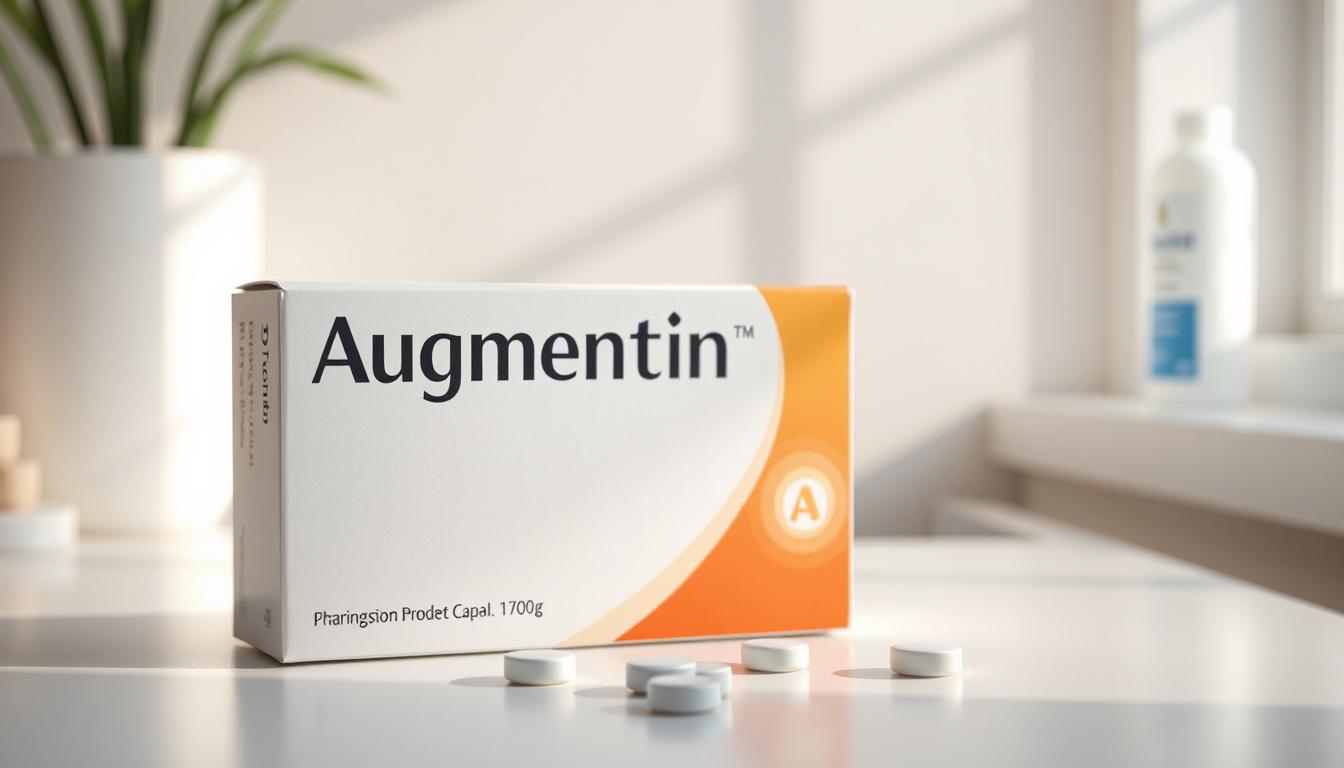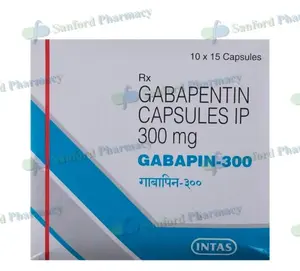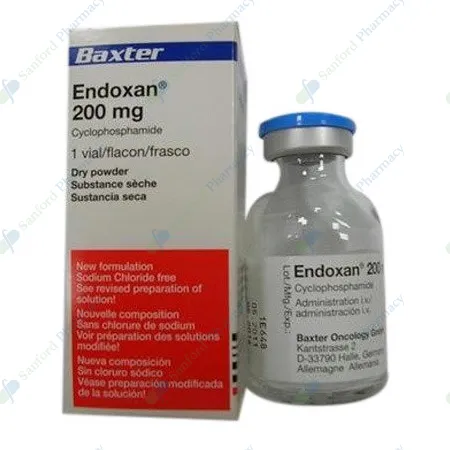What is Augmentin Used For?
 Sheridan
|
Sheridan
|
 05 Nov 2025
05 Nov 2025
What Is Augmentin Used For?
Sometimes, when an infection hits hard and doesn’t go away with regular antibiotics, doctors reach for Augmentin. It’s one of those names you might’ve seen on a prescription before — and if you have, you probably wondered what makes it so common. It’s everywhere, really. One of the most prescribed antibiotics today. But there’s a good reason for that. It works when other antibiotics stop working.
At Sanford Pharmacy, we see Augmentin prescribed for all kinds of bacterial infections. People come in saying their doctor gave them “something stronger than Amoxicillin,” and that’s exactly what this is. Augmentin is sort of Amoxicillin’s upgraded version — it fights more stubborn bacteria that have figured out how to dodge regular antibiotics.
What Exactly Is Augmentin
So, let’s break it down. Augmentin is a mix of two ingredients — Amoxicillin, which you probably already know, and Clavulanic Acid. Together, they make a great team.
Amoxicillin is the part that kills bacteria by attacking their walls. But some bacteria are smart — they release a chemical that destroys the antibiotic before it can do anything. That’s where Clavulanic Acid steps in. It blocks that defense and lets Amoxicillin do its job properly.
That combination makes Augmentin a little more powerful than standard Amoxicillin. It’s like a tag team — one fights the bacteria, the other protects the antibiotic itself.
How Augmentin Works
The idea behind Augmentin is pretty clever. It’s not just another antibiotic — it’s two in one. The first ingredient, Amoxicillin, does what penicillin drugs do best: it breaks down the bacteria’s ability to make strong walls. Without that, they burst and die.
But if bacteria create beta-lactamase enzymes (that’s their trick for surviving), the Clavulanic Acid takes them out. It neutralizes the enzymes before they can destroy the antibiotic.
That’s why Augmentin is used for infections that don’t respond to normal penicillin drugs. It’s a little more advanced, but it’s still safe and well-tolerated by most people.
What Infections Does Augmentin Treat
It’s used for a lot of infections, honestly. From mild ones to the really stubborn ones that keep coming back.
Respiratory Tract Infections
When you’ve got something like sinusitis, bronchitis, or even pneumonia, Augmentin can help clear it out. It targets bacteria that hang out deep in your airways, the ones that cause coughing, congestion, and fever.
Ear, Nose, and Throat Infections
It’s also a favorite for ear infections, tonsillitis, and sinus problems. Kids and adults both get prescribed it, especially if it’s a repeat infection that never fully clears up.
Urinary Tract Infections (UTIs)
Augmentin for UTI is pretty common too. It helps get rid of bacteria like E. coli that cause pain or burning during urination. For more complicated or long-lasting UTIs, it’s often the go-to choice.
Skin and Soft Tissue Infections
Things like cellulitis, wounds that get infected, or even skin abscesses respond well to Augmentin. It helps reduce redness and swelling by killing bacteria under the surface.
Dental Infections
And yes — it’s one of the top antibiotics dentists prescribe. For tooth infections or gum abscesses, Augmentin helps clear the bacteria and prevent it from spreading to nearby tissue or bone.
Why Doctors Choose Augmentin
Doctors prefer Augmentin because it works on bacteria that have learned how to resist regular antibiotics. It’s broad-spectrum, meaning it fights many different types of bacteria — even the ones that are tougher to kill.
If you’re wondering how it compares — Augmentin vs Amoxicillin — think of Amoxicillin as the standard option and Augmentin as the upgraded version. The extra ingredient, Clavulanic Acid, gives it an edge against resistant bacteria.
That’s also why it’s used for mixed infections, where more than one type of bacteria is involved.
Forms and Dosage
Augmentin comes in quite a few forms: regular tablets, chewable tablets for children, and oral suspension (the liquid one). There are also extended-release tablets for serious infections.
You’ll often see Augmentin 875 mg on prescriptions — that’s the adult version taken twice a day with food. For smaller or less severe infections, doctors might prescribe 500 mg every eight hours. The exact Augmentin dosage for adults depends on what type of infection you have and how severe it is.
How to Take Augmentin Safely
Always, always take Augmentin with food. It’s easier on your stomach that way. A light meal or snack works fine.
And don’t stop early — that’s one of the most common mistakes. Even when you start to feel better, the bacteria might still be alive. If you stop halfway, they can come back stronger, and you’ll end up needing something even more powerful next time.
At Sanford Pharmacy, pharmacists always remind patients to take antibiotics on time, finish the course, and never skip a dose. It’s the small details that make a big difference.
Possible Side Effects
Most people do fine on Augmentin, but it can have a few side effects.
Common ones include:
-
Nausea or slight stomach upset
-
Mild diarrhea
-
A light rash sometimes (nothing serious in most cases)
Rare ones:
-
Liver irritation — you might notice yellowing of the eyes or skin
-
Allergic reactions like swelling or itching
-
Severe diarrhea (caused by C. difficile)
If anything feels off, talk to your doctor or your pharmacist. Sanford Pharmacy pharmacists are trained to help you figure out whether it’s a mild reaction or something serious.
Precautions and Interactions
If you’re allergic to penicillin, skip Augmentin completely. It’s part of that same drug family.
There are a few other things to keep in mind:
-
Blood thinners like warfarin might need adjusting
-
Birth control pills can be slightly less effective — so use backup protection
-
Alcohol won’t directly react, but it can worsen nausea and stomach upset, so it’s best avoided while taking the medication.
When Not to Take Augmentin
If you’ve ever had liver problems or jaundice after taking antibiotics before, you shouldn’t take Augmentin. Also, people with severe kidney issues need special dosing.
Always tell your doctor about your full medical history before starting antibiotics.
For Kids and Babies
Amoxicillin and Clavulanate Potassium (that’s the generic form of Augmentin) is safe for kids when prescribed correctly. The liquid version makes it easy to give, and it usually tastes mild enough for children.
At Sanford Pharmacy, parents often ask how to measure it properly — always use the measuring cup or syringe that comes with it, and shake the bottle before every use. Keep it refrigerated. And don’t use it after 10–14 days, even if there’s some left.
Antibiotic Resistance Awareness
One thing that’s important to understand — when you don’t finish your antibiotics, bacteria can become stronger. This is called antibiotic resistance, and it’s a real problem worldwide. Finishing your full course of Augmentin helps prevent that.
It’s not just about your infection. It’s about making sure antibiotics keep working for others too.
Storage and Handling
Keep Augmentin tablets at room temperature, away from moisture. If you have the liquid suspension, refrigerate it. Shake it before every use. After 14 days, throw away whatever’s left. Even if it looks okay, it won’t be effective anymore.
Follow-Up and Support
If symptoms don’t get better after a few days, or they start to come back, talk to your doctor or pharmacist. Sometimes bacteria don’t respond the way we expect.
At Sanford Pharmacy, the pharmacists follow up with patients starting antibiotics. They help check if side effects are normal and whether the dose is working properly. Having someone to guide you during treatment really helps avoid mistakes.
Why Sanford Pharmacy
When it comes to antibiotics like Augmentin, it’s not just about getting the pills. It’s about knowing how to take them safely. At Sanford Pharmacy, pharmacists don’t just fill prescriptions — they explain them.
You can also visit sanfordpharmacy.com to refill your prescriptions, ask about side effects, or schedule a private consultation. It’s a simple way to make sure you’re doing your treatment the right way.
Conclusion
Augmentin is one of the most trusted antibiotics in use today. It’s strong, reliable, and safe when taken correctly. Whether it’s a UTI, sinus infection, skin problem, or tooth infection, it helps stop bacteria that other drugs can’t.
When used with care — and the right guidance from professionals like the team at Sanford Pharmacy — it clears infections safely and helps keep antibiotic resistance in check.
Finish every course, take it with food, and ask your pharmacist when in doubt. Augmentin remains one of medicine’s best answers to bacterial infections, old and new alike.
Categories

How Long Does It Take for Allegra to Work?
 Desirae
Desirae
.png)
How Long Does Amoxicillin Take to Work?
 Meaghan
Meaghan

How to Use Clindamycin Phosphate Gel?
 Curtis
Curtis

How Long Modafinil Stays in Your System?
 Karsyn
Karsyn

How Long Does Pepcid Take to Work?
 Earl
Earl












.webp)
.webp)
-(2).webp)

.webp)